Apple’s Strategic Focus Shifts to AI and Robotics Projects
The Apple Pivot: From Electric Dreams to AI Realities
In a recent revelation by The Wall Street Journal, it’s been disclosed that Apple is making significant changes to its workforce, indicating a pivot in its project priorities. With a notable count of 614 employees facing layoffs as of May 27, this adjustment marks Apple’s most considerable reduction since the pandemic began. The termination of its ambitious electric car project, dubbed as Project Titan, further signals a major reorientation towards Artificial Intelligence (AI) and robotics, heralding a new era for the tech giant.
A Strategic Shift
The layoffs, as reported on March 28, are part of a broader strategy recalibration by Apple. According to state records cited by The Wall Street Journal, these cuts precede Apple’s announced cancellation of its electric car project last month. This stride away from a decade-long venture into electric vehicles underlines a reassessment of investment priorities towards sectors with burgeoning potential, notably AI and robotics.
Apple’s decision to divert resources and talent from the now-defunct car project to its AI division reveals a dual objective: curtailing ventures with dubious profitability and doubling down on areas ripe for innovation and growth. Indeed, the realm of personal robotics and AI-powered devices presents a fertile ground for Apple to leverage its expertise in marrying hardware with cutting-edge software.
<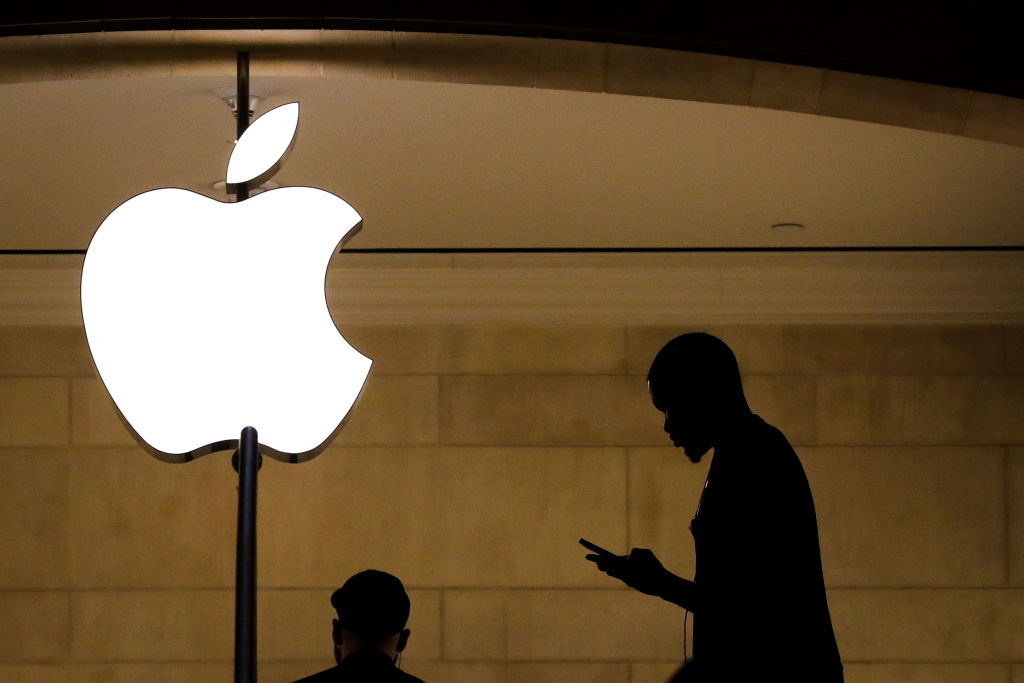 >
>
Challenges and Opportunities
Apple’s entry into AI and robotics, while promising, is not devoid of challenges. The termination of Project Titan was a testament to the monumental hurdles of automotive manufacturing, a domain far afield from Apple’s core competencies. Yet, this pivot underscores a commitment to adaptability, directing its vast resources towards technologies that stand at the forefront of the next technological revolution.
The initiative to delve into personal robotics, as suggested by ongoing advertisements for robotics-related roles, underscores Apple’s ambition to remain at the innovation vanguard. The envisioned projects – a mobile robot for home use and a novel tabletop device – though in nascent stages, epitomize Apple’s exploration of uncharted territories.
<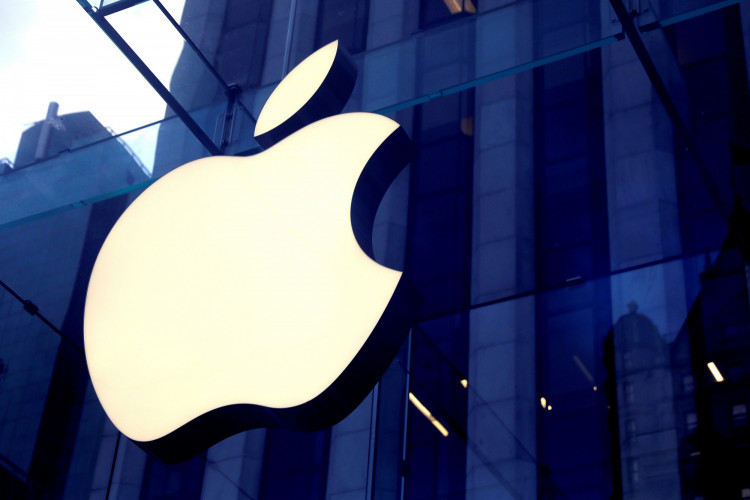 >
>
Reflections on Machine Learning and AI’s Role
Apple’s strategic reorientation mirrors a broader industry trend where AI and machine learning technologies become central to product innovation and business strategies. In previous articles, we delved into how AI has been reshaping traditional industries towards sustainability and accelerating software engineering practices, as seen with India’s first AI coder, Devika. The transformative impact of AI in technology sectors is undeniable, a reality that Apple is keen to harness.
Machine learning, a subset of AI, plays a pivotal role in this technological shift. Having previously explored the subtopic of clustering in machine learning, it’s evident that these technologies can drive significant efficiencies and innovation in diverse domains. Apple’s transition could further catalyze the integration of AI in consumer technology, enhancing personalization and functionality.
<
>
Looking Ahead
As Apple redefines its focus towards AI and robotics, the industry awaits the fruits of this strategic pivot. The challenges are substantial, but so are the opportunities for innovation. While the path may involve recalibrations and realignments, as observed with the recent layoffs and project cancellations, Apple’s foray into AI and robotics could mark a new chapter in tech advancements, underscoring the ever-evolving nature of the industry.
In the end, Apple’s journey—from the aspiration of electric vehicles to the promise of AI and robotics—illustrates the importance of flexibility and foresight in today’s fast-paced technological landscape. The key to sustained leadership and innovation lies in the ability to navigate through uncertainty, leveraging core competencies towards emerging opportunities. As we move forward, the synergies between AI, machine learning, robotics, and traditional consumer electronics will undoubtedly shape the future of technology.
<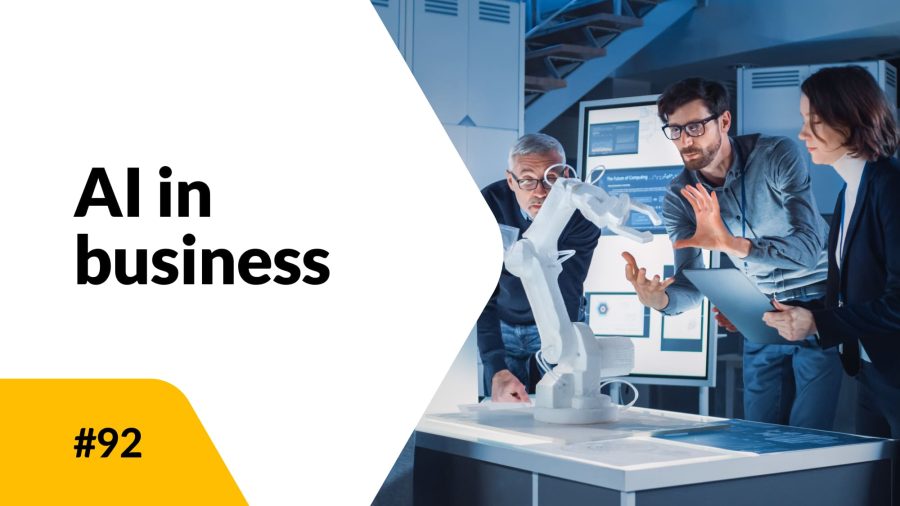 >
>
Focus Keyphrase: Apple AI and robotics projects
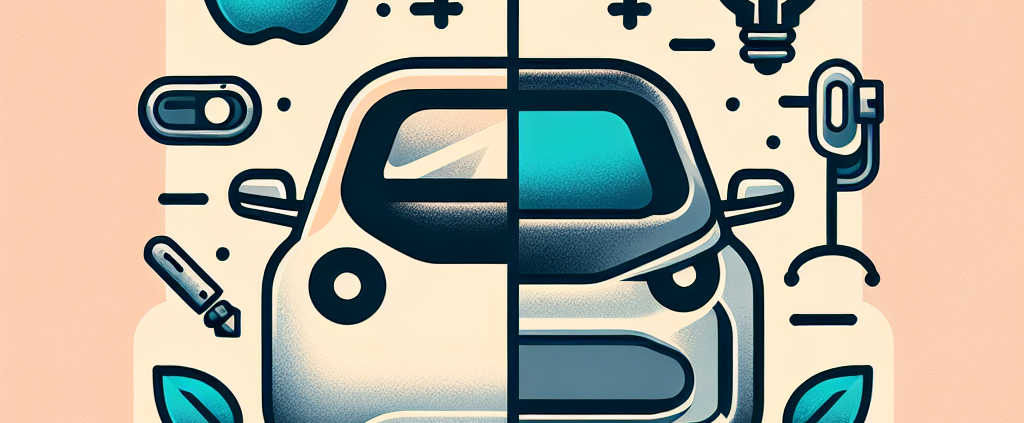
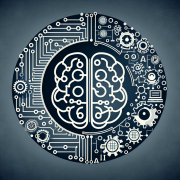
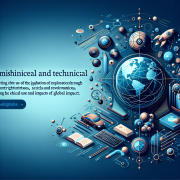
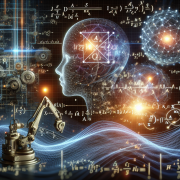
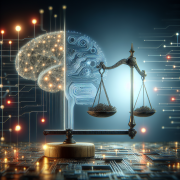
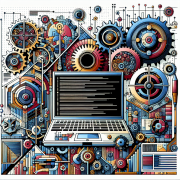
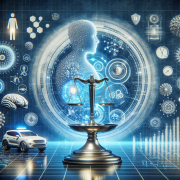


Hey everyone, David here. I wrote this piece to highlight Apple’s fascinating pivot towards AI and robotics projects. Amid its recent layoffs and the end of Project Titan, Apple’s move signals a major shift in innovation strategy. I believe this adaptation not only reflects the company’s agility but also foreshadows where the future of technology is headed. I’m eager to hear your thoughts and engage in a discussion about what this means for the tech industry and AI’s role in shaping our future.
I’ve got mixed feelings about this whole pivot. On one hand, it’s sad to see Project Titan go – there’s something about electric vehicles and Apple that just seemed right. But then, the promise of AI and robotics is undeniably huge. I’m cautiously optimistic but wonder how Apple’s entries into these fields will affect market competition and innovation, especially given their track record. Also, can’t help but worry about the AI becoming too autonomous – guess it’s my alarm company background kicking in. Still, it’s an exciting time for tech. Let’s see how it unfolds. And, by the way, love the coverage on this, David! Attack on Titan fan here too, so I appreciate a good pivot when I see one. Cheers from Florida!